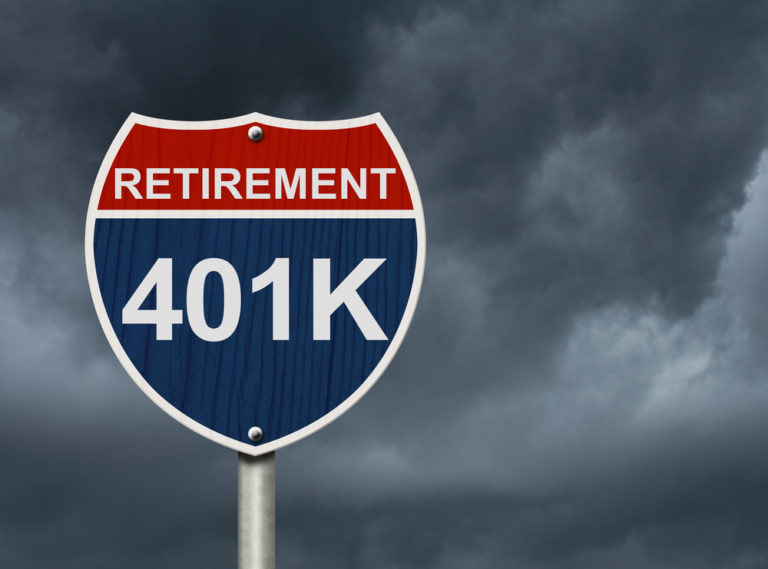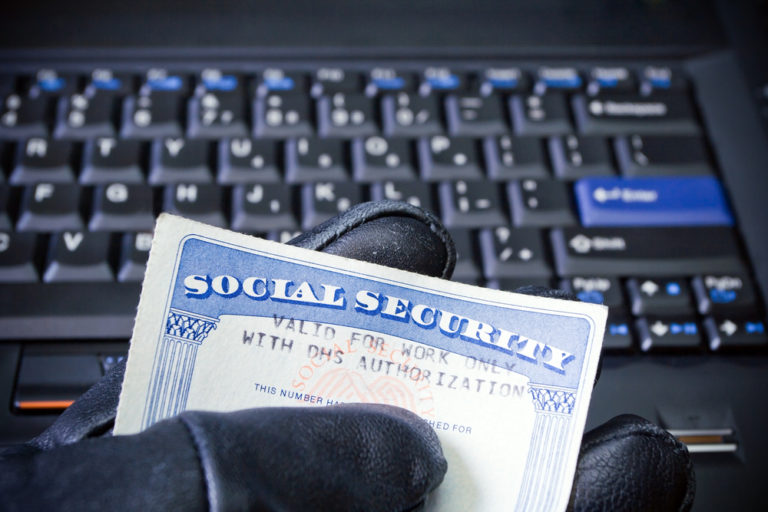For many, Jim Cramer is just another familiar face that you have seen in the media. Because of this, we recognize him as someone carrying a reputation as an expert on the complex subject of investment finances.
It is because of his public persona that the general public tends to take what he says as fact, as we all default to the thought process of, “well he must be doing something right to be where he is today. He certainly knows more than I do anyway.”
It is that very thought that has been designed by Wall Street insiders, like Jim Cramer, to be a tool used to control where people invest their money.
What the public hasn’t seen is the “behind-the-scenes” Jim Cramer, whose real expertise is not giving advice to the public, but rather manipulating the public by using deceitful tactics to persuade them to invest in ways that benefits his hedge fund.
In 2006, a video interview was published with Jim Cramer when he was a Senior Partner at his Hedge Fund firm, Cramer Berkowitz. Cramer was under the impression that the general public would never see this interview, and that he was only speaking to other Wall Street insiders. Therefore Cramer speaks openly, and in a sense, he is training other insiders on what goes on behind the scenes at hedge fund firms. He then goes on to reveal the truth about how hedge fund managers operate, actively working to manipulate markets to benefit themselves, at the expense of the everyday investor. The video was suddenly removed from YouTube in February of 2021, however you can see portions of it in the video below, taken from an episode of The Daily Show with Jon Stewart, where its host chastises Cramer using his own words against him.
Click play below to watch.
The Daily Show with Jon Stewart
Get More: Daily Show Full Episodes,The Daily Show on Facebook,Daily Show Video Archive
Those who rely on media personalities and other “experts” like Jim Cramer to make decisions on where to place their money, never stood a chance. It’s like a pig walking into a slaughterhouse to ask for directions.
In today’s financial system, the only way to be ahead of the game is to do your due diligence and educate yourself on your investment decisions; otherwise you could become another victim of the will of Wall Street.





















